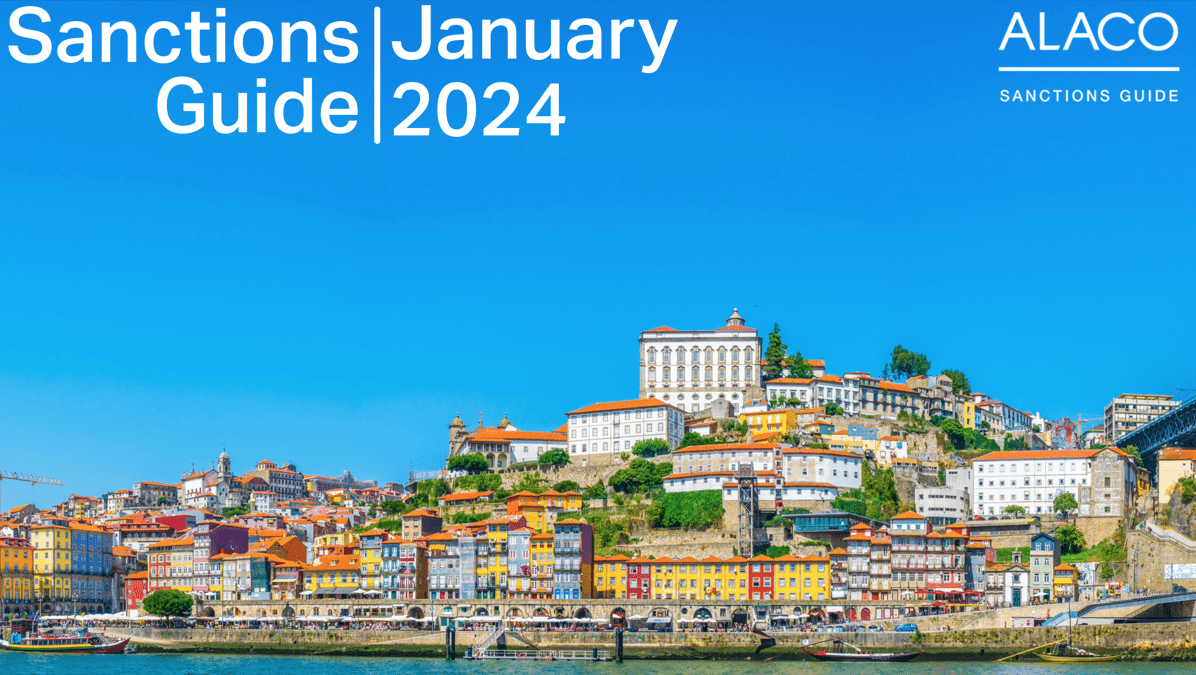Summary
December saw Russia-related measures return to the top of the sanctions agenda with the EU announcing the details of its 12th package, which continued to focus on Russia’s military-industrial complex, as well as its diamond sector. The US and UK also announced new Russia measures.
In the enforcement space, the EU foreshadowed its intention to criminalise sanctions violations as a provisional agreement was reached between the EU Council and EU Parliament for an EU-wide law.
Designations continued to target those responsible for funding Hamas; transnational criminal organisations, particularly drug networks in South America; and there were some additional listings to mark International Anti-Corruption Day.
New Measures
On 18th December, the EU adopted its long-anticipated 12th package of Russia sanctions. As previously reported, it includes a ban on non-industrial natural and synthetic diamonds originating or exported from Russia, a raft of new designations focussed on operators in Russia’s military and defence sectors, as well as trade measures including a transit ban applying to all battlefield equipment.
On 22nd December President Biden signed a new Executive Order expanding Russian sanctions. The principal aim of the new Order was to amend previous EO 14024 to authorise the imposition of sanctions on foreign financial institutions that are facilitating otherwise designated transactions, notably those for designated persons or entities operating in key sectors such as Russia’s military-industrial base and its luxury goods market.
The EU Council and Parliament this month concluded their negotiations for the outline of a new EU Law which would introduce criminal offences and penalties for the violations of EU sanctions. The proposed law would require member states to define specific sanctions breaches such as helping persons circumvent a travel ban, trading sanctioned goods, or covering up ownership of funds by a sanctioned person or entity. The provisional agreement will now be reviewed by relevant member states.
The UK has introduced a new raft of trade and financial sanctions against Russia. The new measures include a ban on the import of certain Russian metals, expand existing payment processing restrictions to include non-sterling payments, and prohibit the provision of technical assistance relating to the production of luxury goods.
Enforcement
This month the German Federal Prosecutor’s Office submitted an application to the Regional Court of Frankfurt to instigate confiscation proceedings against EUR 720 million of frozen assets belonging to an unnamed Russian financial institution, reportedly a local subsidiary of the Moscow Stock Exchange.
On 12th December, the stock exchange operator Nasdaq Inc agreed to pay over USD 4 million to settle its potential civil liability for the conduct of its former wholly owned Armenian subsidiary, the operator of the Armenia stock exchange. According to OFAC, Nasdaq OMX Armenia processed trades and settled payments involving the US-designated subsidiary of Iran’s state-owned Bank Mellat. Nasdaq voluntarily disclosed the apparent violations to OFAC in 2014.
OFAC entered into a USD 1.2 million settlement agreement with another cryptocurrency exchange this month. CoinList Markets LLC settled its potential liability arising from 989 transactions on behalf of users resident in Crimea. OFAC stated it is essential that companies’ screening procedures capture users who represent themselves as resident of US-embargoed countries or regions such as Crimea either through a legal address or via the use of an IP address.
A former FBI agent has been sentenced to 50 months in prison and ordered to pay a $40,000 fine after pleading guilty to conspiring to violate Russia sanctions by agreeing to provide services to Oleg Deripaska, a designated Russian businessman. The services offered were the investigation of a rival businessman in return for concealed payments.
Designations
US designations included two former Afghan government officials and 44 entities associated with them, all of which were, according to OFAC, linked to the misappropriation of millions of dollars from US Government-funded contracts. The designations were announced to mark International Anti-Corruption Day on 11th December. OFAC’s narcotics and human trafficking designations continued with two further Mexican members of the transnational criminal organisation Malas Manas designated on 14th December, as did OFAC’s targeting of another Iranian UAV procurement network, and entities involved in the transport of Russian crude above the oil price cap.
This month, the EU added two military commanders of Hamas to its terrorist list, its first Hamas-related designations since the 7th October attacks on Israel. Other designations included four individuals and two entities pursuant to its Burma sanctions. It renewed its global human rights program and its autonomous Mali regime in spite of the UN ending its own Mali program in September 2023 following Russia’s use of its veto to block the renewal.
OFSI designations included JSC Bank Novikombank, imposing an asset freeze and prohibiting correspondent relationships with the bank, and 46 individuals and entities based in Russia, Belarus, China, Serbia, China, Turkey, the UAE and Uzbekistan for supplying the Russian military with sanctioned goods and technology.


